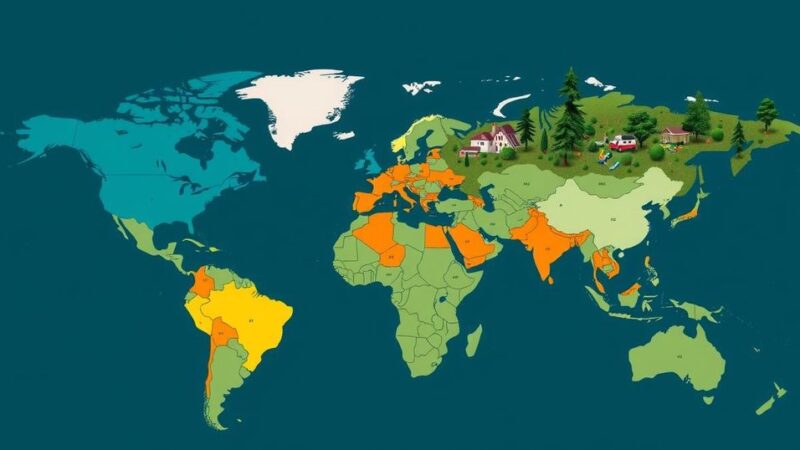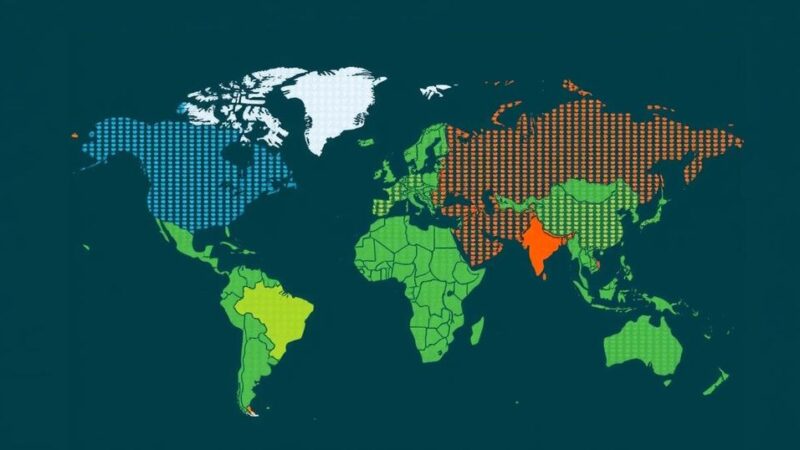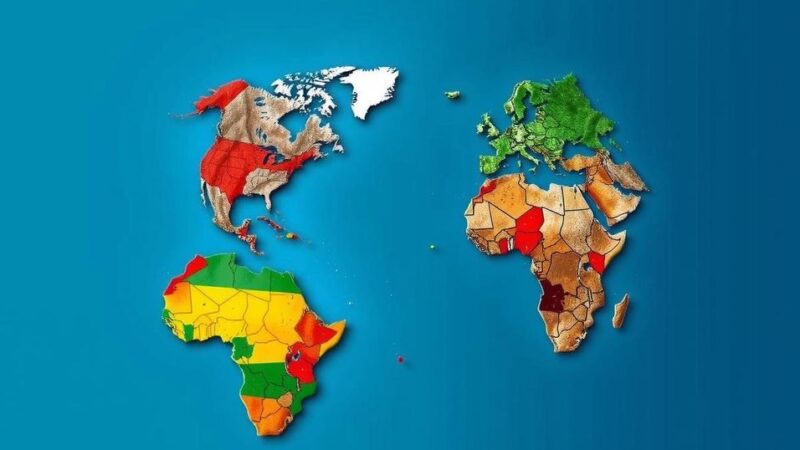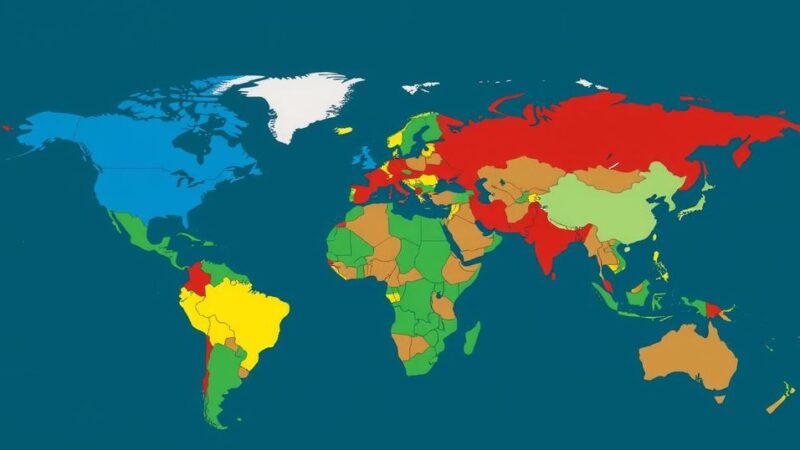The United Nations reports that over 1.3 million people have been affected by severe flooding in South Sudan, displacing approximately 327,000 individuals. Heavy rains have rendered major supply routes impassable, worsening humanitarian access and impacting food security. The situation is dire, with predictions of continued extreme weather contributing to a worsening humanitarian crisis.
The United Nations humanitarian agency has reported that heavy rainfall has resulted in severe flooding across numerous regions in South Sudan, affecting over 1.3 million individuals. According to an update from the UN Office for the Coordination of Humanitarian Affairs (OCHA), approximately 327,000 individuals have been displaced across 42 counties and the Abyei Administrative Area due to these tragic circumstances. Joint government and interagency assessments indicated that an additional 230,000 people have been impacted in the Jonglei, Northern Bahr el Ghazal, and Upper Nile states. Flooding has rendered 15 critical supply routes impassable, limiting humanitarian access to the affected regions. OCHA has expressed concerns that ongoing rainfall and flooding conditions have significantly restricted movement, complicating efforts to reach communities that are now seeking refuge on higher, safer ground. South Sudan is currently experiencing some of the most severe flooding seen in decades, leading to extensive destruction of homes, livelihoods, and critical infrastructure, leaving entire communities devastated. The UN has also warned of forecasted above-average rainfall and river flows from Uganda that may lead to even more catastrophic flooding. Moreover, South Sudan is identified as one of the 18 global hunger hotspots, with deteriorating food security anticipated in the months ahead due to acute food insecurity, as highlighted by early warnings from UN agencies regarding the situation from June to October.
The ongoing flooding crisis in South Sudan is a consequence of extreme weather patterns characterized by unprecedented rainfall. The country’s vulnerability to flooding is exacerbated by inadequate infrastructure and a history of economic instability and conflict. The situation is particularly dire given that South Sudan is already facing severe challenges related to food security, with the UN designating it as one of the world’s hunger hotspots. This context amplifies the humanitarian needs resulting from the flooding, emphasizing the urgent need for international aid and intervention.
In summary, the flooding in South Sudan has displaced over 1.3 million people, severely hampering access to essential supplies and humanitarian aid. The UN and local authorities must address the worsening crisis caused by heavy rains and flooding while striving to mitigate the growing food insecurity challenges facing the region. The need for immediate humanitarian assistance is critical as South Sudan endures one of the worst environmental crises in its history.
Original Source: www.thehansindia.com






